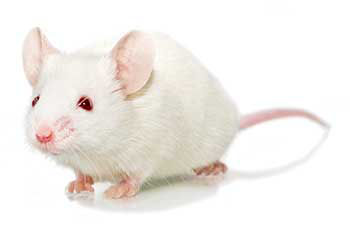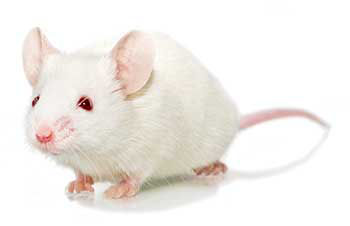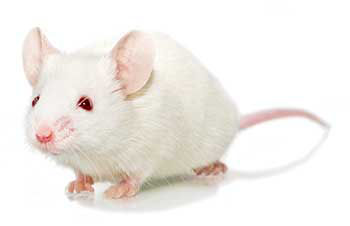| Model No. | Nomenclature | Genotype |
|---|---|---|
| NODSC | NOD/MrkBomTac-Prkdcscid |
NOD scid

- Description
- Data
- Growth Chart
- Price & Licensing
- Overview
- Genetics
- Guides & Publications
- Applications & Therapeutic Areas
- Transit, Housing & Welfare
- Diet
Overview
Nomenclature: NOD/MrkBomTac-Prkdcscid
- The scid mutation has been transferred onto a diabetes-susceptible Non-Obese Diabetic (NOD) background
- The multiple defects in immunity unique to this model provide an excellent system for reconstitution with human hematopoietic cells, resulting in exceptional models for HIV-1 research and gene therapy
- Useful model for cancer research into increased tumor incidence, particularly lymphomas and thymic tumors
- Maintained in a specially equipped Isolated Barrier Unit™ (IBU™) where the flora is continuously monitored to assure the absence of specific opportunistic bacteria
- Short life span, 8-9 months due to lethal thymic lymphomas
- Reduced NK cell activity due to NOD background
- Does not develop diabetes
- Paralysis does seem to be a phenotype of NOD scid mice, however in measuring this phenotype in our colonies it is present in less than .5%
Origin
The NOD scid Spontaneous mutant model was developed by the Fox Chase Cancer Center by transferring the scid mutation from a C.B-17 congenic background to a diabetes-susceptible non-obese diabetic background. M&B A/S (now Taconic Europe) received stock from the Fox Chase Cancer Center in 1995. The mice were derived by embryo transfer in 2002 by Taconic US. The Taconic foundation colony was at F? + 14 in 2005.
Genetics
Guides & Publications
Applications & Therapeutic Areas
- Immunology
- Inflammation
- Oncology & Immuno-Oncology
Transit, Housing & Welfare
Need more info? Click the live chat button or Contact Us
Diet
Data
Average litter size: 6
For some applications, weight may be critical. For orders where weight is critical, please place orders by weight, not by age. Taconic can accept orders by weight for this model. For orders sourced from US or Denmark a production minimum 3 gram span is accepted. All weights are weights at time of packing. Mice and rats can lose weight in transit. Orders for specific weight spans will be assessed a nominal fee. More detail on weight order policies is available.
n= 200 per sex at RF health standard from all global colonies. Data collected 2013-15.
High and Low represent mean +/- 2 standard deviations.
Based on sample size the charts above represents ~90% of the population.
All growth curves represent animals housed in our barriers, at our standard density and fed NIH31-M diet. Variations at customer facilities will alter expected growth curves.
Growth charts are provided only as a guide, if a specific weight criteria is needed please order animals by weight.
- Licensing
- Select my Health Standard
- Get Custom Pricing Guide
Licensing
Terms of Sale and Use for NOD scid
These models are sold subject to Taconic's Terms and Conditions for Taconic's Models, Products and Services
Select my Health Standard
Need help choosing the right Taconic Biosciences health standard for your research?
Use the Health Standard Selector to enter your exclusion list. The tool will tell you which health standards meet your requirements.
Get custom pricing guide
Schedule A Scientific Consultation
Connect directly with a member of our Scientific Solutions team who can help you select the most appropriate model and maximize your experimental success.






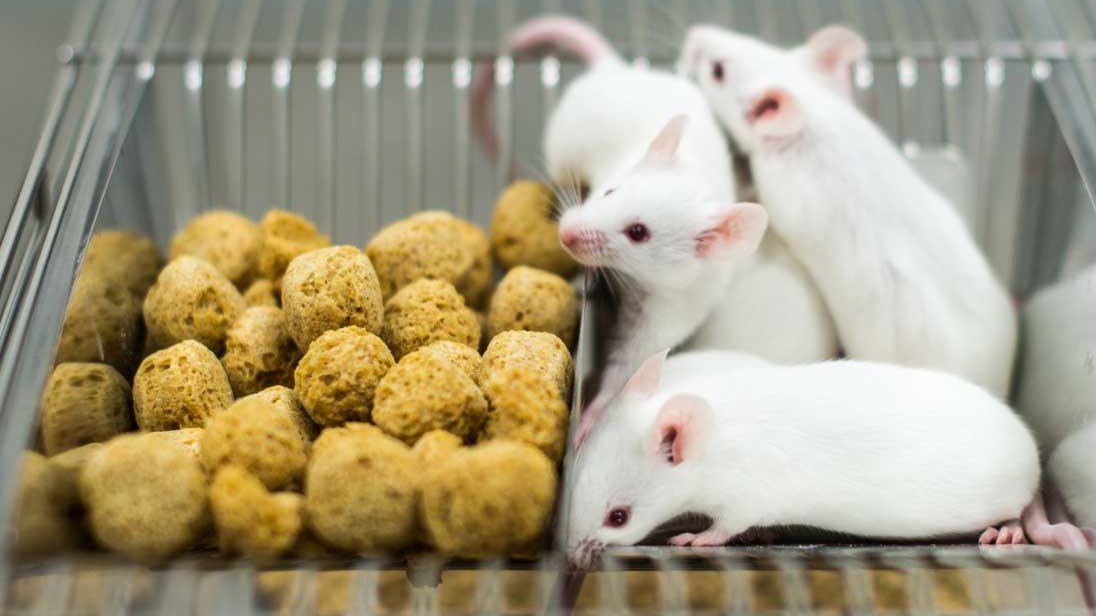
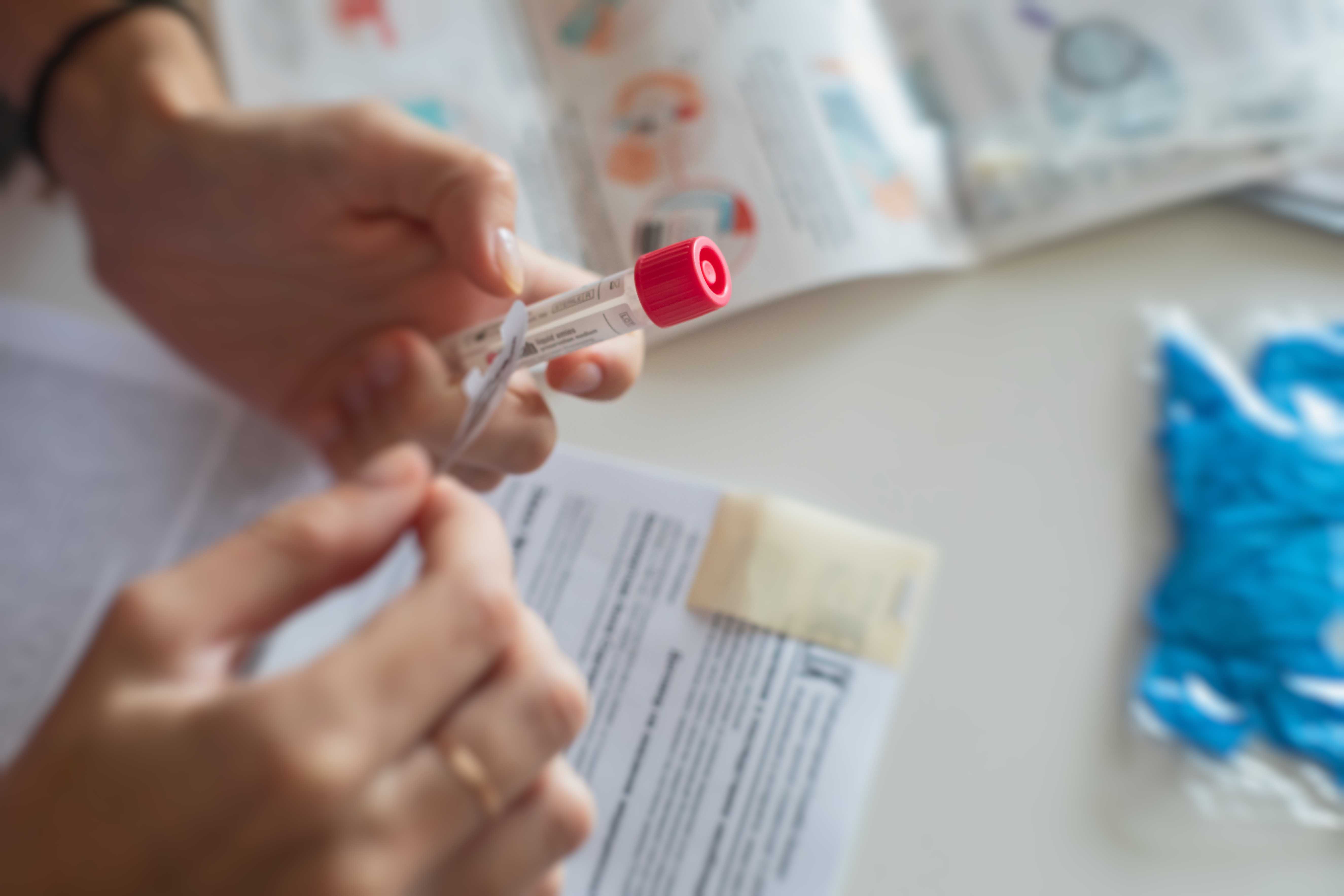

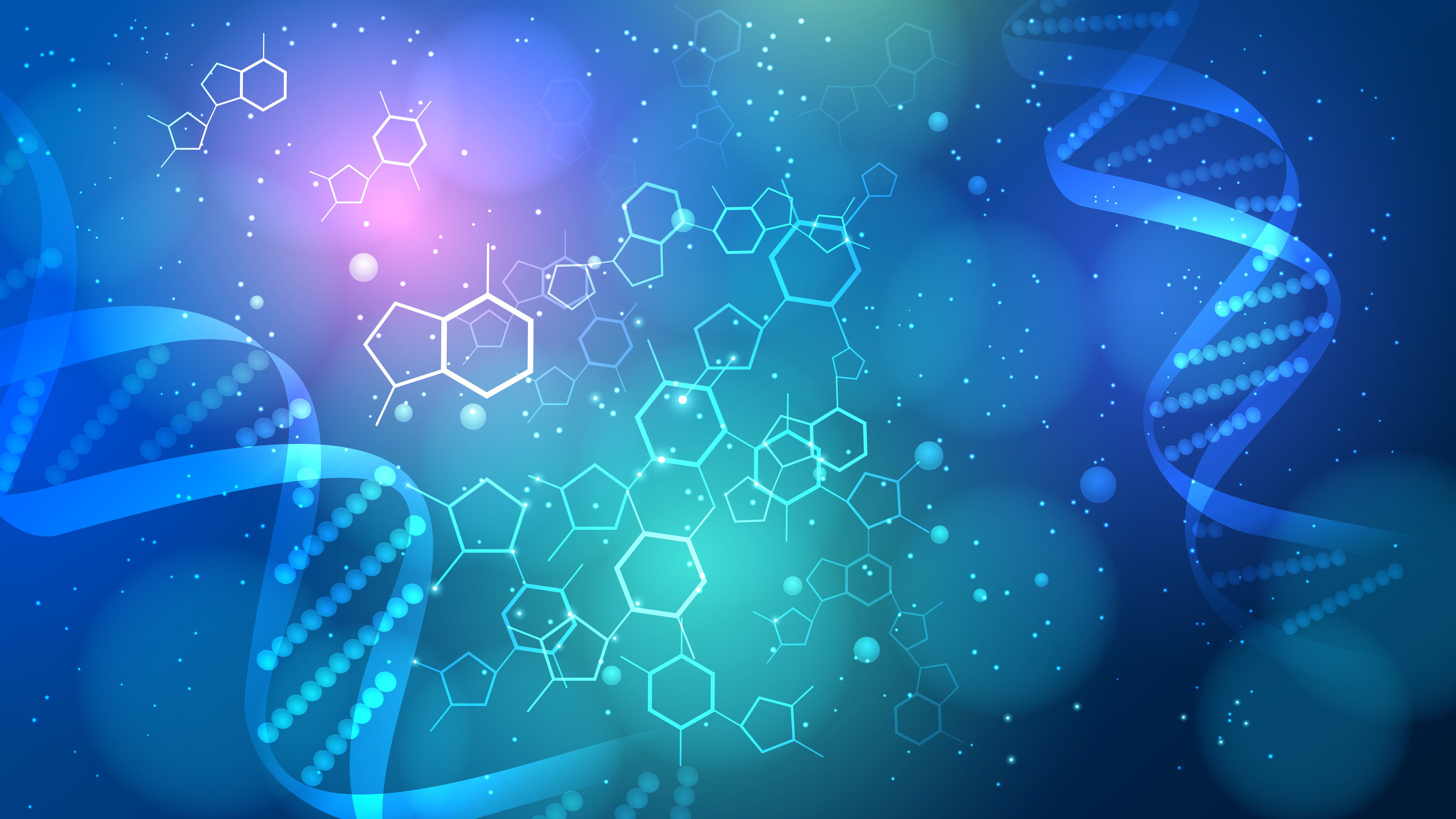





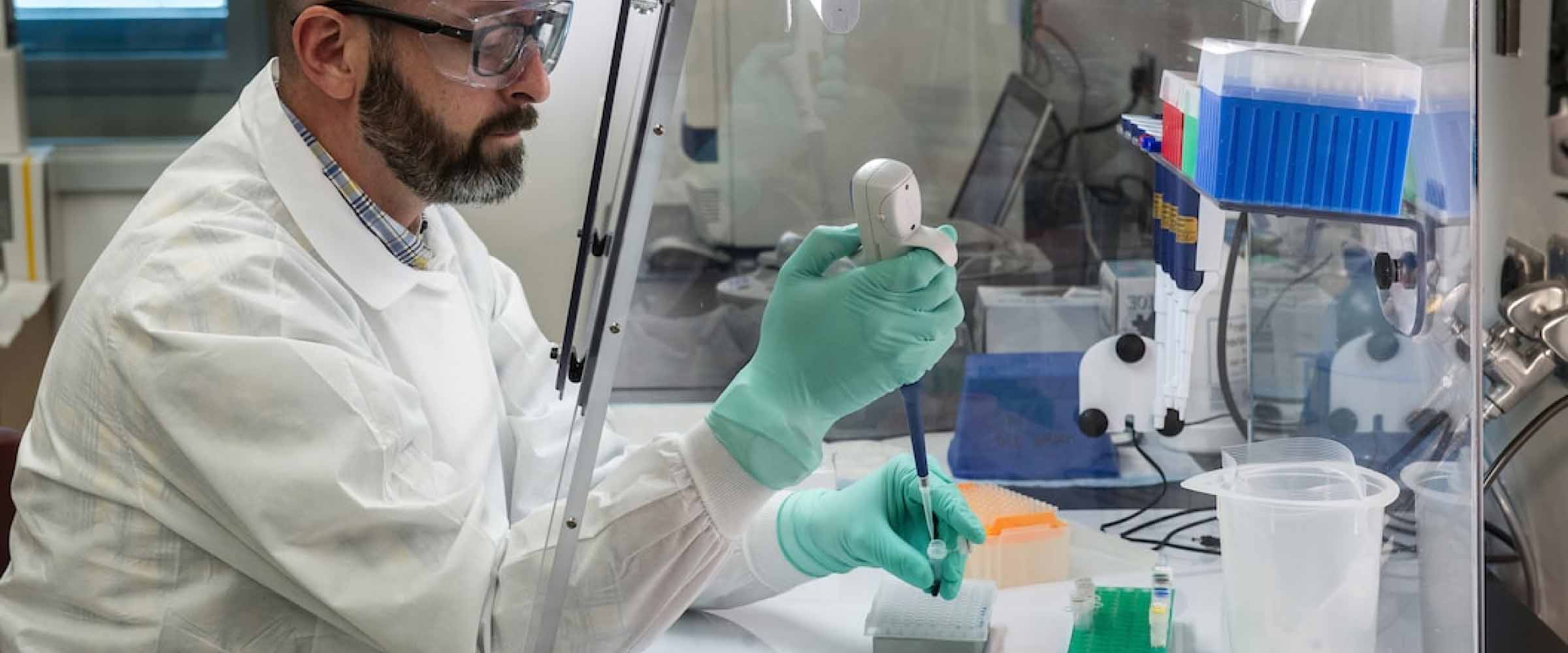
.jpg)

.jpg)
.jpg)
.jpg)
.jpg)
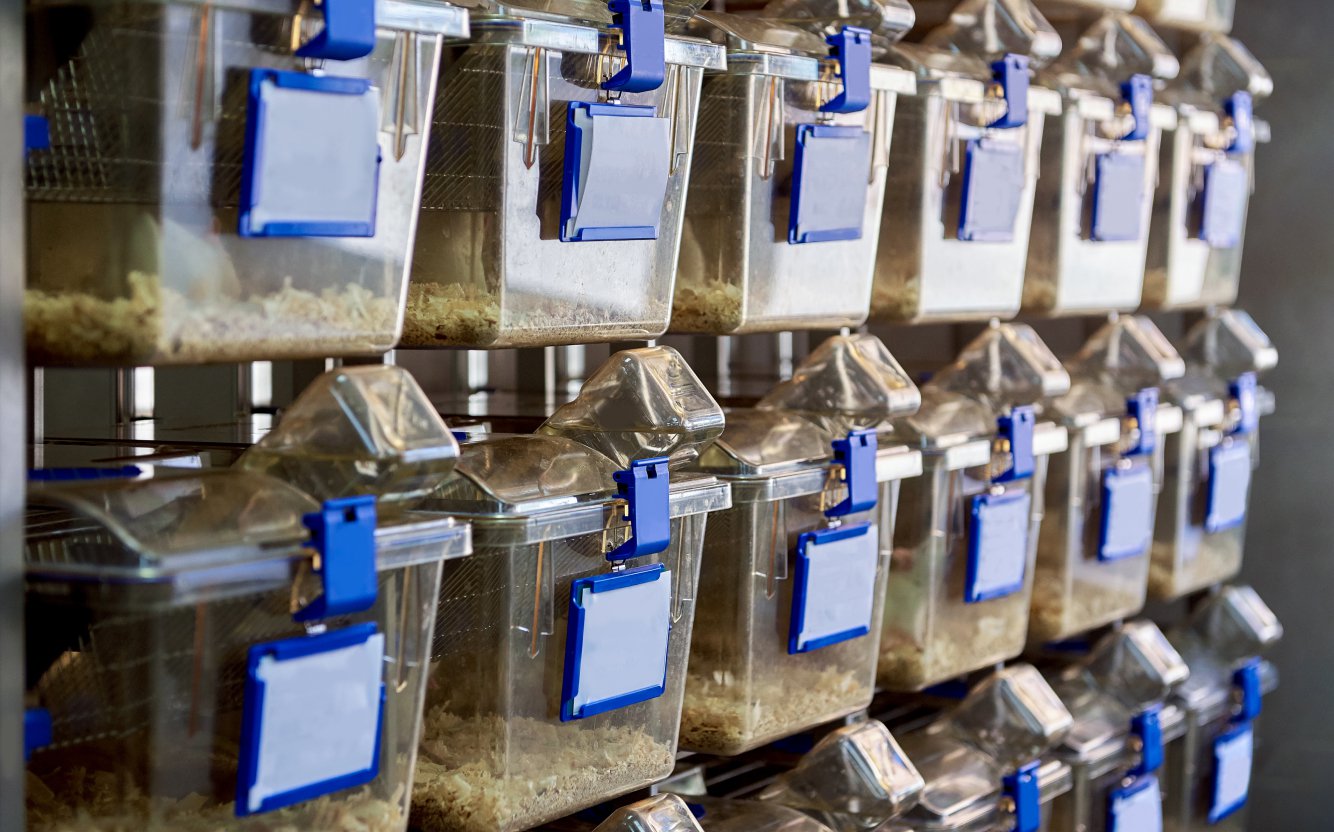
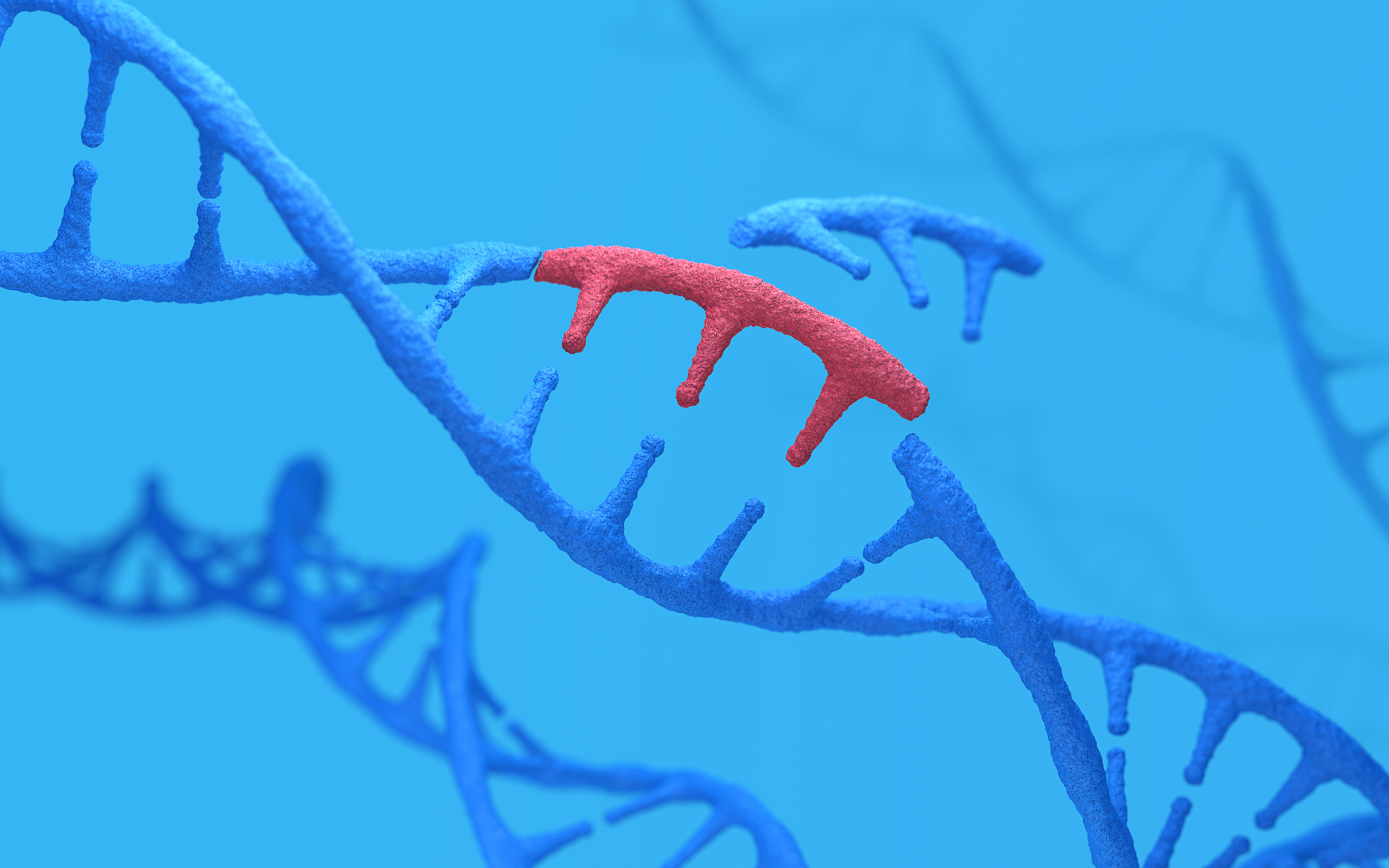
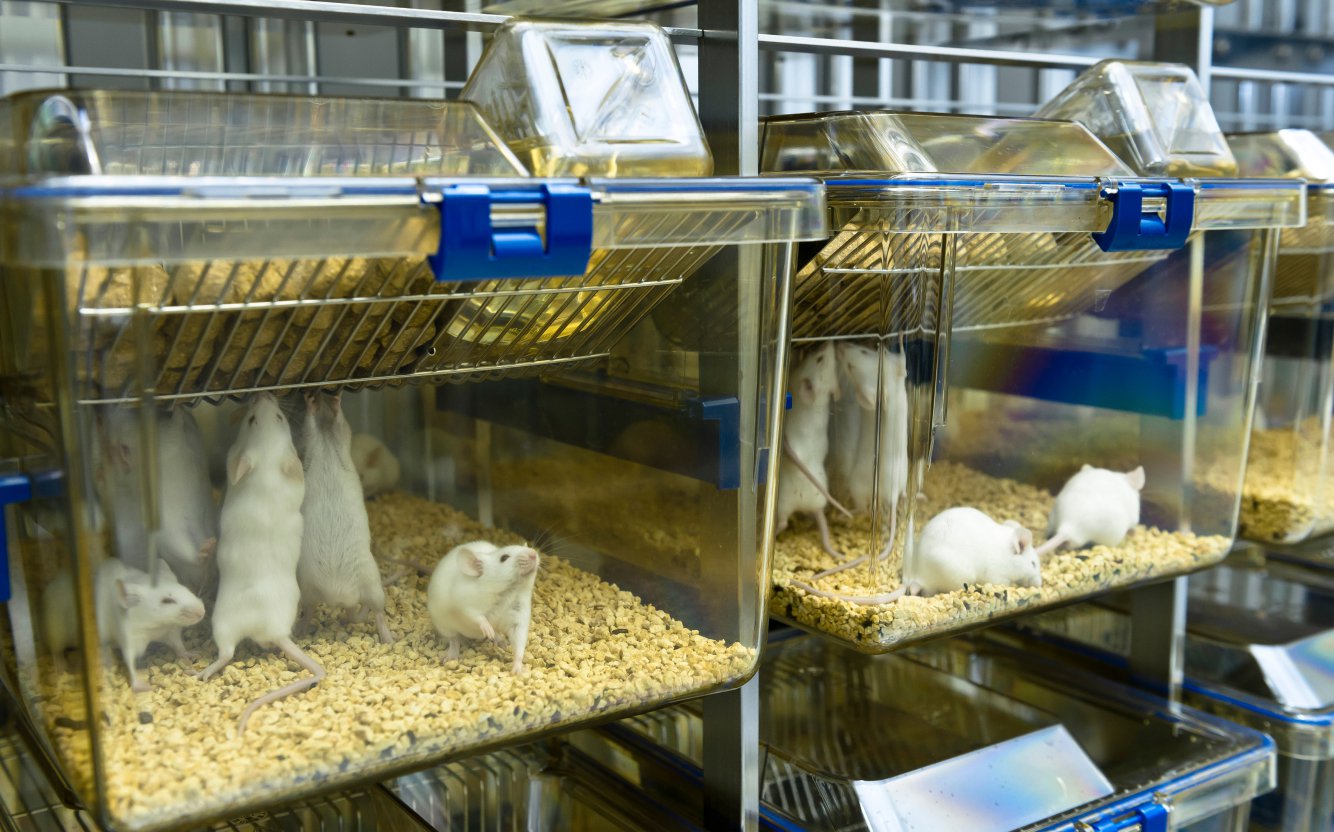


.jpg)

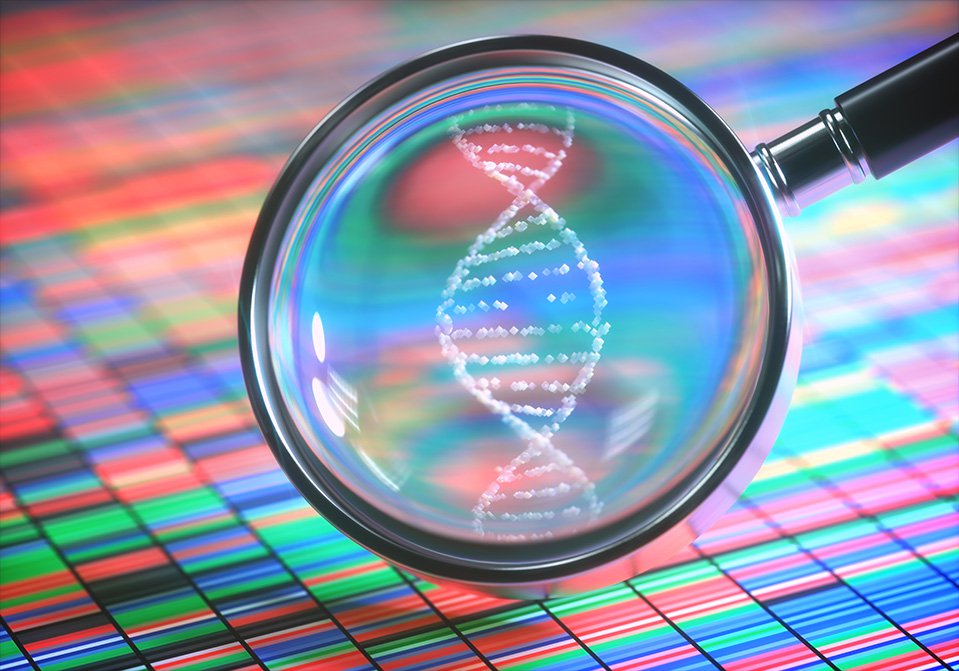
.jpg)
.jpg)

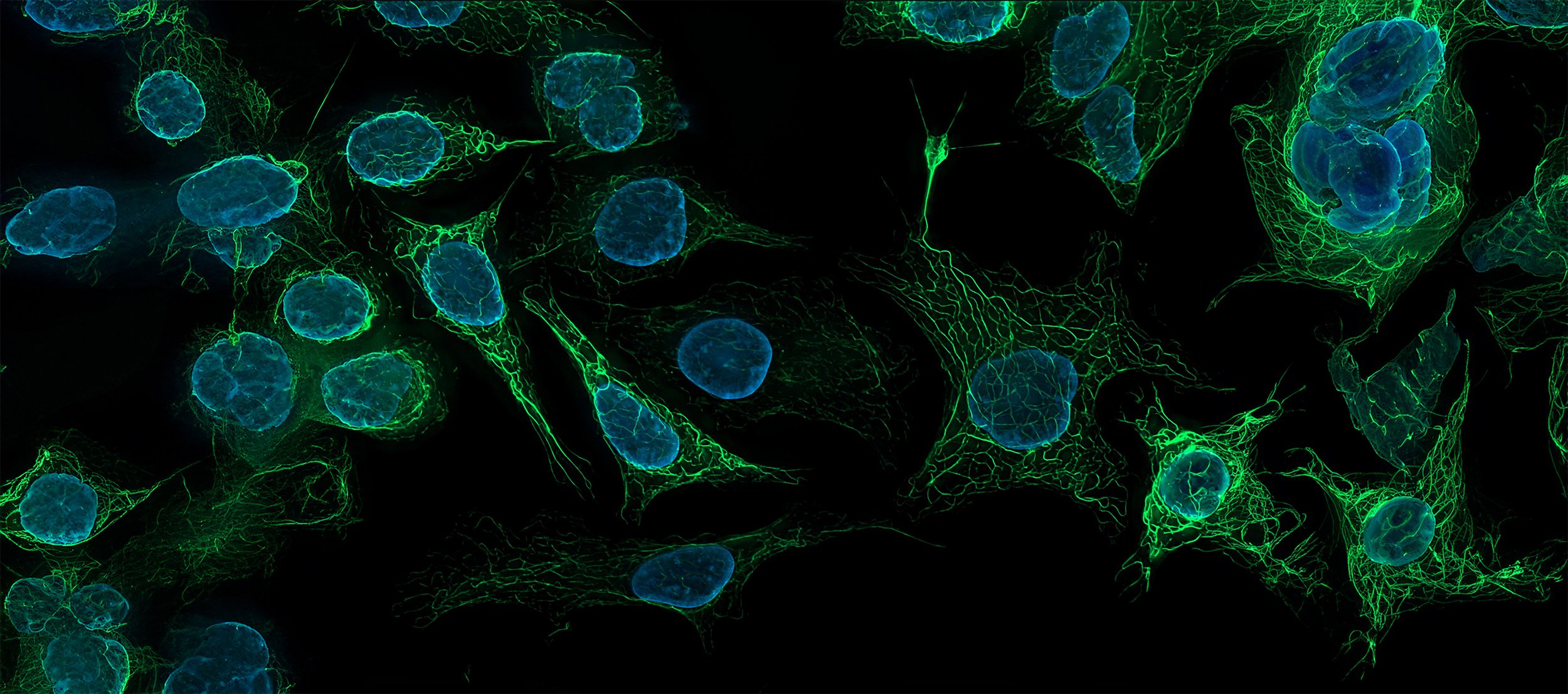
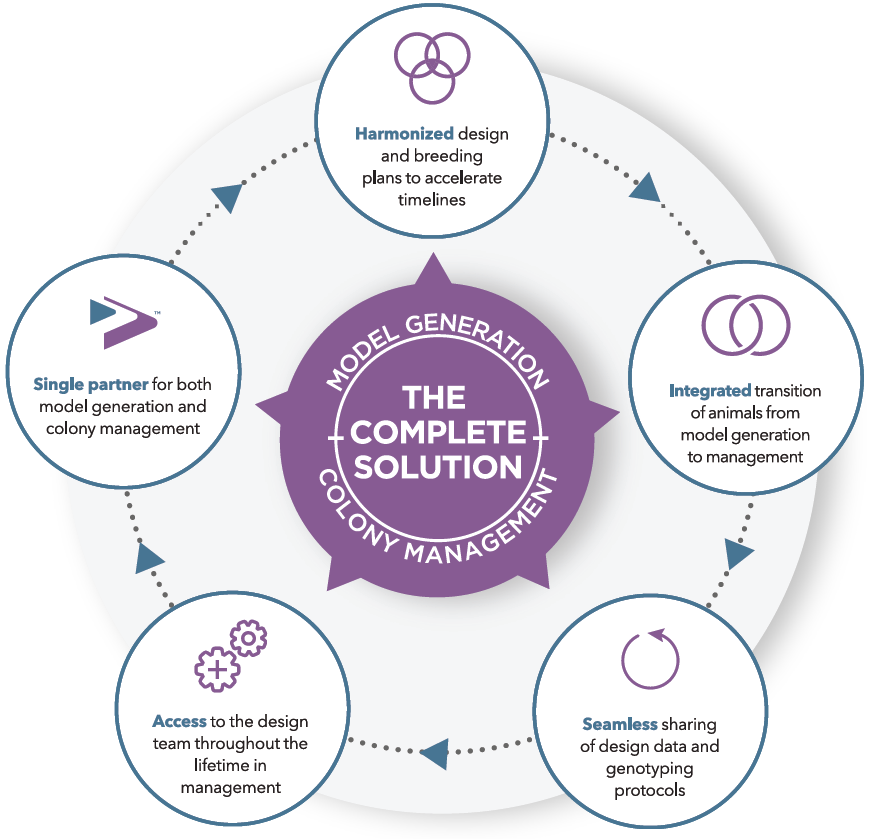
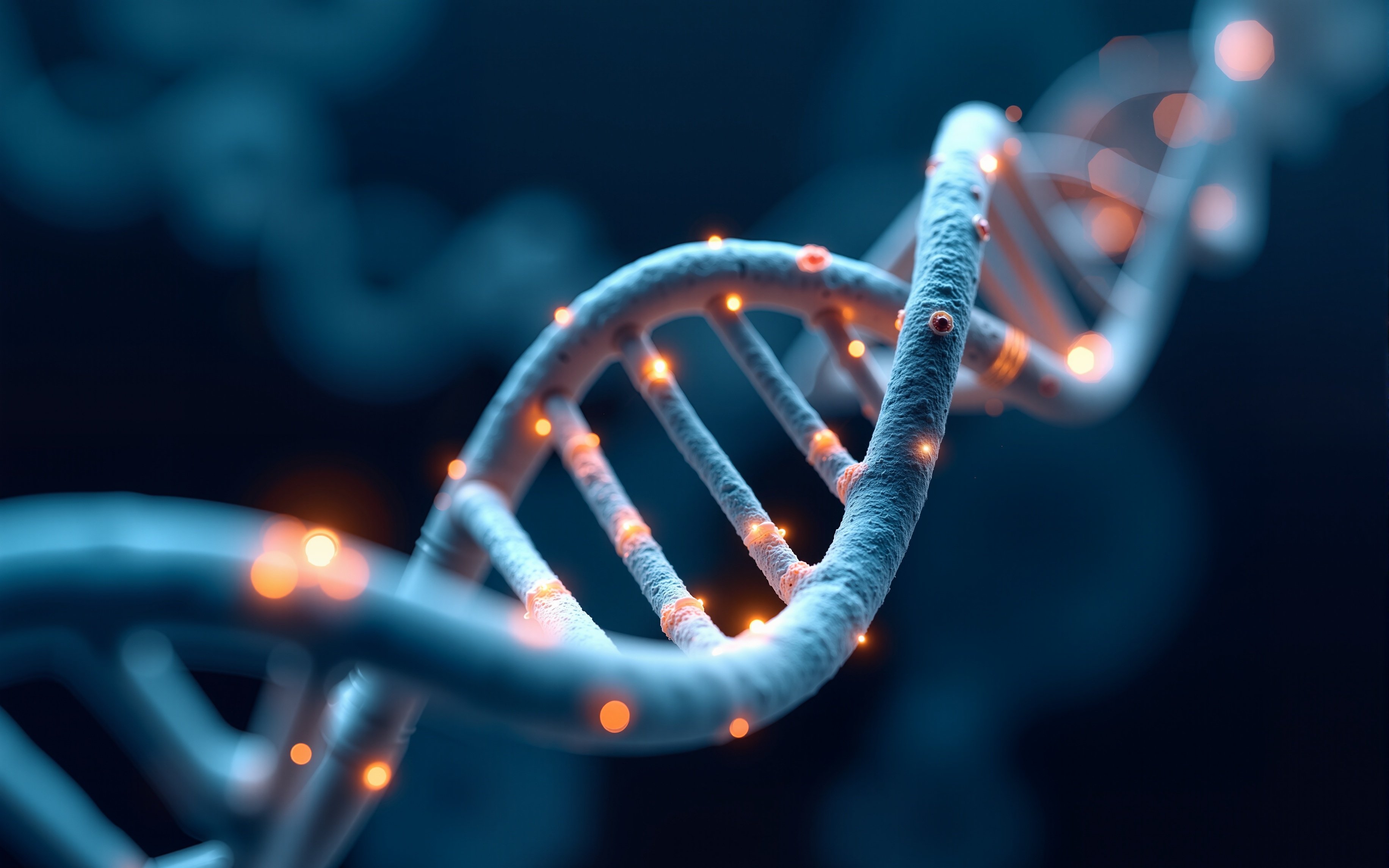
.jpg)
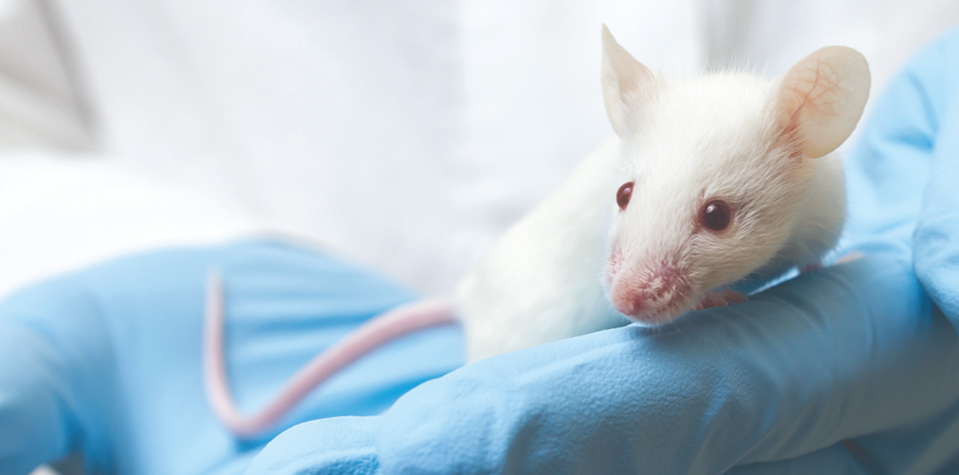

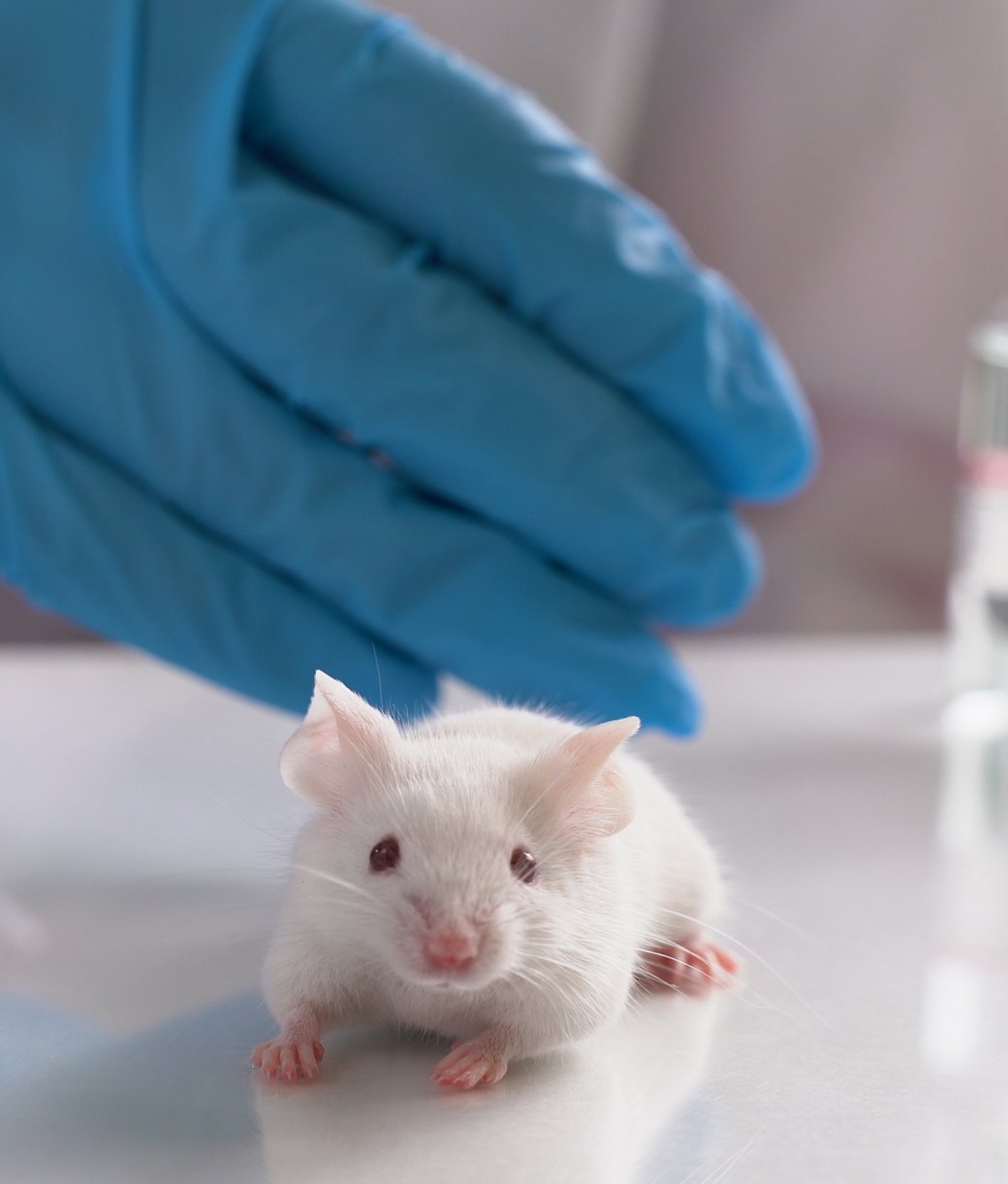

.jpg)

.jpg)




